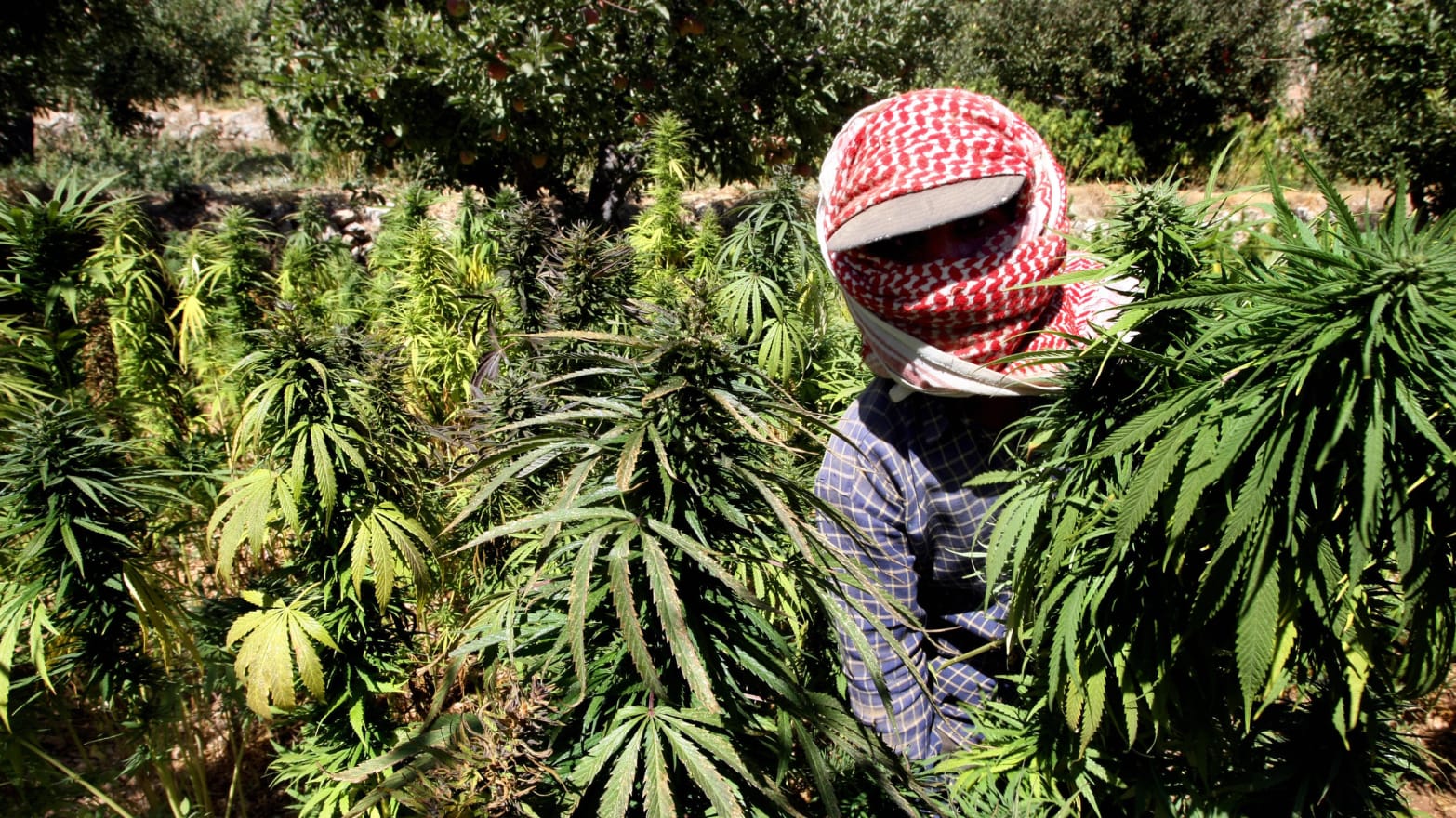
Lebanese fruit and vegetable imports will be banned from entering Saudi Arabia or transiting via the Kingdom as of 9 a.m. on Sunday in a bid to prevent drug trafficking.
The Kingdom has noticed an increase in drug smugglers in Lebanon targeting Saudi Arabia, Saudi Press Agency (SPA) reported on Friday.
Lebanese products are being used to smuggle drugs into the Kingdom’s territory, either through consignments intended for Saudi markets or those that transit through the Kingdom on their way to neighboring countries. The most common products used to smuggle the drugs were fruit and vegetables, SPA said.
The ban will last until Lebanese authorities provide guarantees that they will take the necessary measures to stop systematic drug smuggling operations.
The Ministry of Interior will continue to follow up and monitor consignments of other products coming from Lebanon to see whether similar measures needed to be taken against them.
Meanwhile, Saudi customs at Jeddah Islamic Port foiled an attempt to smuggle more than 5.3 million Captagon pills hidden “artistically” in a consignment of pomegranates that came from Lebanon.
The intended recipient of the pomegranate consignment was arrested and the drugs were seized, SPA reported on Friday.
Another attempt to smuggle nearly 2.5 million amphetamine pills into the Kingdom was foiled at King Abdul Aziz Port in Dammam.
Some 2,466,563 pills were hidden inside a shipment of pomegranates coming from Lebanon.
Five people were arrested in relation to the smuggling attempt in Hafr Al-Batin.
Lebanon is ready to cooperate with all states to fight drug smuggling after Saudi Arabia banned the import and transit of Lebanese fruit and vegetables due to the illicit trade, the Lebanese caretaker interior minister said on Friday.
Lebanese security "has been exerting tremendous efforts combating drug smuggling," Mohamed Fahmy told Reuters, adding that smugglers might sometimes succeed despite those "meticulous" efforts.
He also called for "more cooperation" between the security services in the two countries.
Source: Arab News




